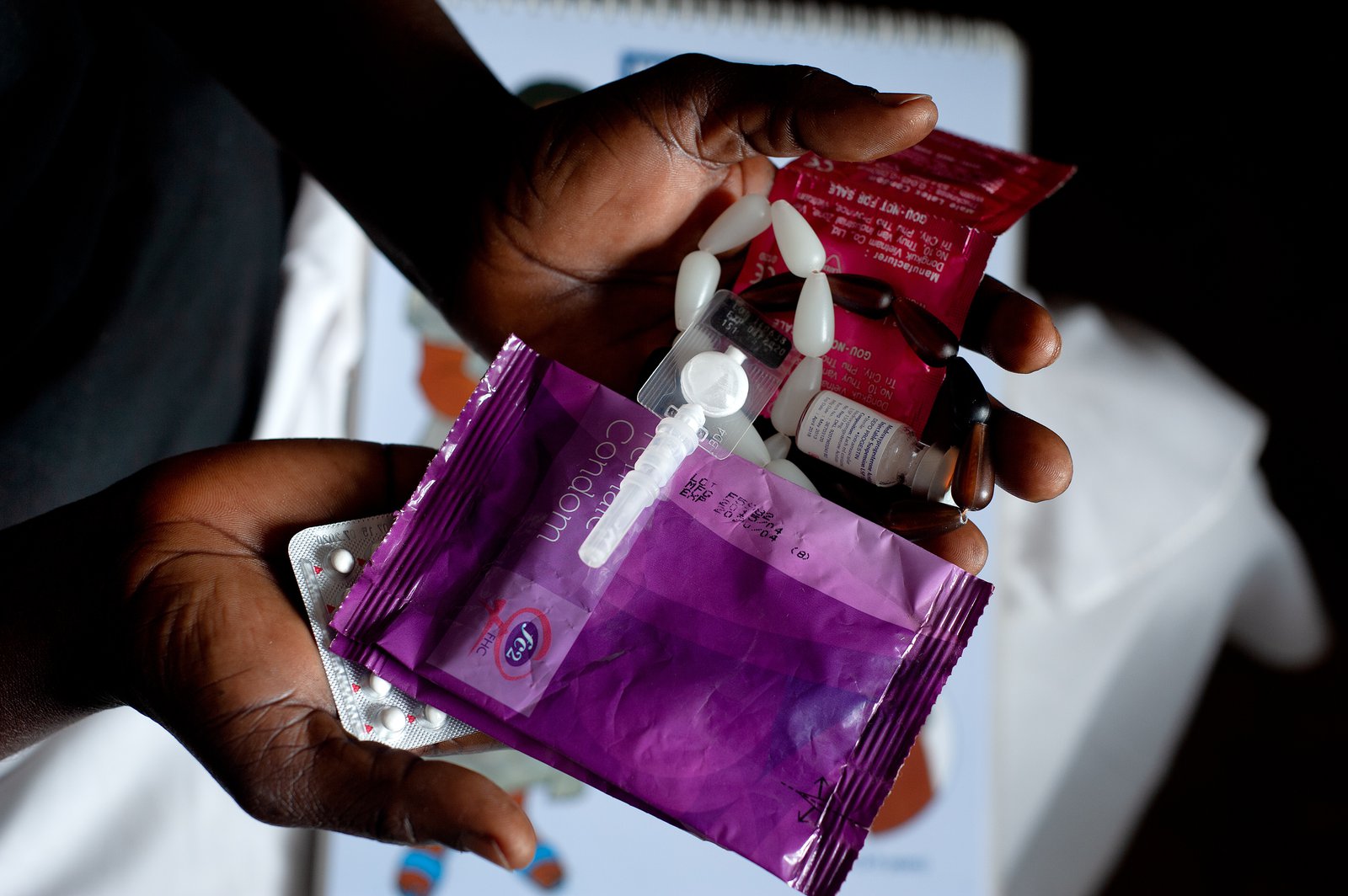For some, the uncertainty lies in finding a health facility that is still providing routine services. For others, there is fear in venturing out to a pharmacy and waiting in line with dozens of people, in a time when we are told to practice physical distancing.
Humanitarian crises and disease outbreaks exacerbate the barriers that women face when seeking reproductive health services. They also highlight a timeless truth: women must be able to manage their own reproductive health—especially in a crisis when health systems are at their weakest—through self-care approaches. Self-care is how individuals protect their own health, prevent disease, and treat illness, both with and without the support of a health care provider.
One new self-care innovation already being used in dozens of countries is a self-injectable contraceptive called subcutaneous DMPA (DMPA-SC). Because it’s prefilled and easy to inject, any trained person can administer it, including community health workers (CHWs), pharmacists, and even women themselves. By putting the power of protection directly in women’s hands, self-injection can reduce access-related barriers and enhance autonomy.
During crises, self-injection holds great potential for broadening and sustaining women’s contraceptive options. It provides opportunities for task-shifting, first to CHWs and then to women. This can alleviate pressure on health systems that are already operating above capacity. Research also shows that self-injection can increase contraceptive continuation rates and help reach new users, especially adolescent girls and young women.
We saw this first-hand last year in Uganda, where PATH and UNFPA worked to expand access to family planning, including self-injection, in two refugee settlements and surrounding host communities. The majority of these refugees had fled from South Sudan, where cultural beliefs often discourage women from seeking out family planning. But unmet need is high. In refugee settlements in northern Uganda, more than 40 percent of women who want to use contraceptives are unable to do so.

A woman self-injects the contraceptive, subcutaneous DMPA (DMPA-SC). Photo: PATH/Gabe Bienczycki.
The project worked through CHWs, who provided counseling on family planning options. CHWs were able to administer DMPA-SC to women who chose this method, as well as teach women how to inject themselves in the future. Women who self-injected were given two additional units to take home, amounting to nine months of protection. Coupled with community dialogues to increase acceptance of family planning and sensitization for many groups, including men and religious leaders, we provided more than 9,000 women with contraception. Forty-three percent of these women were using family planning for the first time.
PATH and partners have been working for more than five years to expand access to self-injection for women in the countries where we work, including Uganda. We have engaged with family planning clients throughout that process, soliciting their input on the development of self-injection programs through human-centered design activities, gathering perspectives through mixed-methods research, and sharing program findings through community meetings.
The COVID-19 pandemic is challenging us to translate these learnings and equip providers and women with remote information and training. We recently developed a DMPA-SC eLearning course and training video for health workers based on our original classroom training curriculum, and we are exploring how online learning might be used to meet existing needs. PATH and John Snow, Inc. have also developed a short client training video, which could provide a solution for women who have decided to self-inject but are unable to see their providers in person. For governments and partners interested in self-injection as an additional delivery channel for DMPA-SC, our self-injection program design guide can provide guidance.
Of course, we must balance the promise of women-initiated methods with contraceptive choice. Self-injection can’t be the only solution, because many women prefer a different method. Even in crises, health systems must prioritize a woman’s choice wherever possible, and governments should take steps to enable self-care for reproductive health more broadly. This might include making some methods available over the counter, increasing the number of products a woman can take home (e.g., a one-year supply of oral contraceptive pills), and ensuring access to emergency contraception.

DMPA-SC and other contraceptive methods. Photo: PATH/Will Boase.
The World Health Organization also recommends the continuation of essential health services during the COVID-19 response. This includes primary health care and reproductive health services, which are critical in supporting women to practice self-care.
During this pandemic, we are all relying on self-care to manage our own health. We are preventing illness through physical distancing and handwashing, self-diagnosing using online tools, sharing and seeking out information via WhatsApp groups and other platforms, and using telemedicine where we can.
Primary health care approaches and self-care options like these must prioritize sexual and reproductive health—never is it more important to safeguard women’s decision-making power and autonomy than during crises. And advancing self-care now means more options for women when this crisis ends.
For more information about online training resources for DMPA-SC self-injection, please contact FPoptions@path.org.
This article originally appeared on the Self-care Trailblazer Group website.



